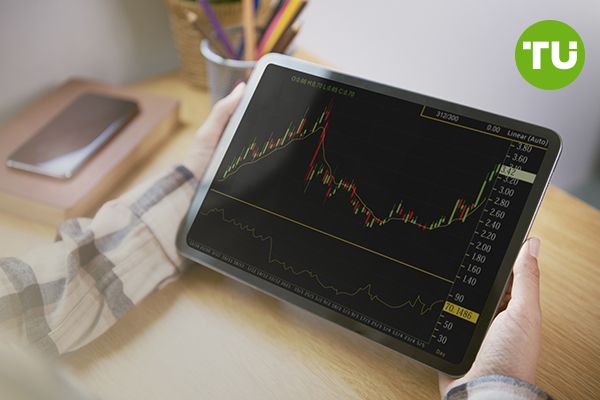Bitcoin ETF options: understanding their role and impact
 Bitcoin-ETF options launch
Bitcoin-ETF options launch
Trading of options on BlackRock's spot Bitcoin ETF has commenced on Nasdaq. The new instrument caused a market frenzy, pushing Bitcoin's price to nearly $94,000 at its peak.
The launch of options and Bitcoin reaction
On November 19, options trading for the spot Bitcoin ETF debuted on the Nasdaq stock exchange, with the product introduced by BlackRock's iShares Bitcoin Trust (IBIT).
The market greeted the new financial instrument enthusiastically. As Bloomberg's James Seyffart noted, 73,000 contracts were executed within the first hour of trading, while the total trading volume reached nearly 354,000 contracts by the end of the day, amounting to $1.9 billion.
Loading...
Bitcoin's price surged in response to this market activity, hitting an all-time high of $93,900. Although the price slightly retraced later, it became clear that the new instrument is not only poised for success but also positively impacts Bitcoin's market valuation.
The success of this new product has not gone unnoticed by BlackRock's competitors, particularly Grayscale Investments, a leading crypto asset management firm. Grayscale quickly filed the necessary paperwork and plans to launch a similar product soon.
Loading...
What are options on Bitcoin ETFs
Options on Bitcoin ETFs are financial instruments that grant investors the right (but not the obligation) to buy or sell shares of a Bitcoin fund at a predetermined price within a specific time frame. These options are focused on the trading of Bitcoin ETF shares, not Bitcoin itself. They provide traders and investors with tools to hedge risks, capitalize on Bitcoin price movements, or manage market volatility.
These instruments are particularly relevant in the context of growing interest in cryptocurrencies. They allow investors with varying risk tolerances to engage with Bitcoin price movements through regulated stock markets. For instance, call options enable the purchase of Bitcoin ETF shares at a fixed price if the asset's value rises, while put options provide protection against potential declines. This flexibility makes investments in Bitcoin ETF shares more accessible and versatile for a broad range of market participants.
The evolution of Bitcoin instruments
Bitcoin financial instruments have undergone significant development on their path to widespread adoption and success. It all began in 2017 when two major U.S. exchanges, the Chicago Mercantile Exchange (CME) and the Chicago Board Options Exchange (CBOE), launched Bitcoin futures trading.
These futures were the first regulated cryptocurrency instruments introduced to traditional financial markets, allowing investors to speculate on Bitcoin’s price without directly owning the asset. This landmark event drew significant attention, propelling Bitcoin’s price past $20,000 for the first time.
In 2024, the cryptocurrency market took another leap forward with the introduction of spot Bitcoin ETFs. Unlike futures, these funds allowed investors to hold shares directly linked to actual Bitcoin. This innovation simplified access to cryptocurrencies for both institutional and retail investors, driving Bitcoin's price to a new peak of $73,000.
The introduction of options on spot Bitcoin ETFs marks another milestone, offering even more opportunities for traders and investors. These tools enable advanced trading strategies, further integrating Bitcoin into global financial markets.
The future of spot Bitcoin ETF options
Options on spot Bitcoin ETFs are not just another Bitcoin-related tool; they represent a pivotal moment that brings Bitcoin closer to global adoption.
Renowned trader Mike Novogratz described this development as a “big story.” He highlighted that we are witnessing a paradigm shift as institutional investors increasingly dominate the market, replacing retail traders.
Loading...
The launch of spot Bitcoin ETFs demonstrated the immense influence of major investors in popularizing cryptocurrencies. The introduction of options on Bitcoin ETFs signifies a new era for financialization and liquidity in the crypto markets, further solidifying Bitcoin's role in the global economy.













































































































































